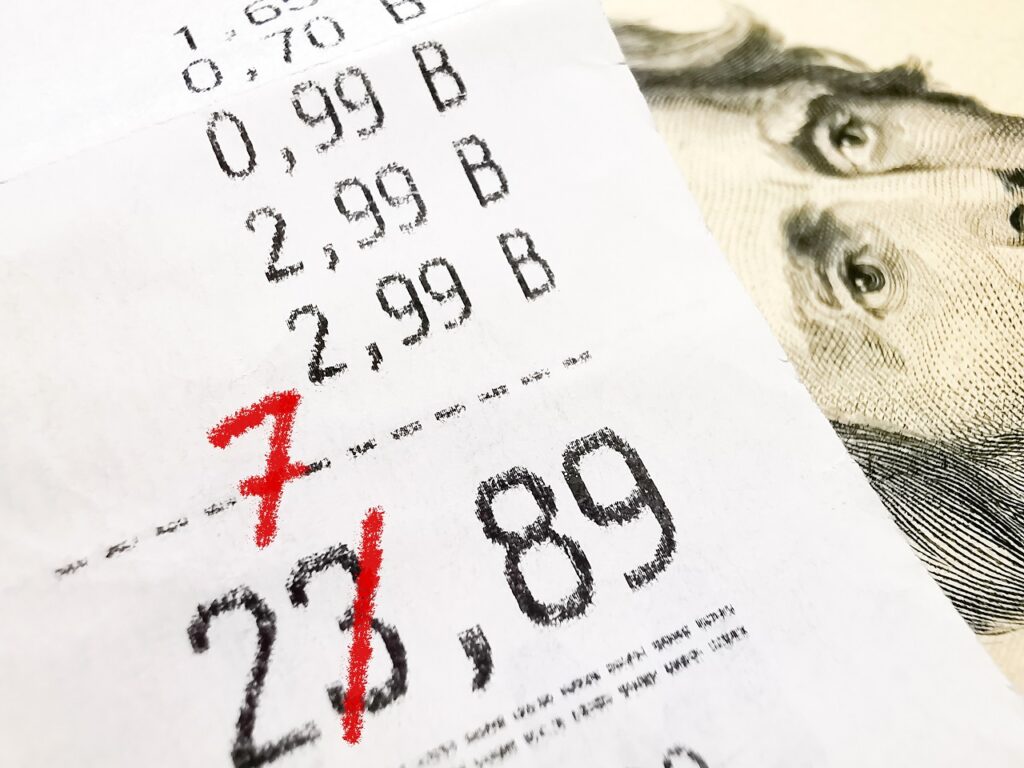
It is looking like we are going to see high inflation numbers for a while, probably least all of 2022.
Mentioned yesterday the CPI increase of 7.9% in a year hit a 40 year record.
Treasure Secretary’s expectations.
In an interview on 3/10/22, Treasury Secretary Janet Yellen said the inflation numbers are going to be uncomfortable for the rest of 2022.
Fox Business is one source that covered her comments on 3/10/22: Treasury Sec. Yellen contradicts Psaki: Likely to see another year of ‘very uncomfortable’ inflation.
The money quote:
“I don’t want to make a prediction exactly as to what’s going to happen in the second half of the year, you know, we’re likely to see another year in which 12-month inflation numbers remain very uncomfortably high.”
Repeating the company line from official administration representatives, she blames this on Russia:
“I think there’s a lot of uncertainty related to what’s going on with Russia and Ukraine and I do think that it’s exacerbating inflation,”
I think that means we are not supposed to look at the accelerated inflation rates for the last eight or nine months of 2021, which were obviously far in advance of the war in Ukraine.
High inflation numbers over the many more months is already going to happen, due to the way CPI is calculated.
This is relevant to charities because high inflation will impact donors ability to give and cost of providing services. This is relevant for CPAs because it will affect our clients in odd ways and impact our costs. This is relevant from the perspective of economic freedom because severe inflation is a hidden tax on all of us.
Recent increases in rental costs will be added to CPI over the next few months.
High inflation numbers over future months is already going to happen, due to the way CPI is calculated.
Various reports indicate apartment and house rental rates are up something in the range of 18% to 20% over the last year. The increase doesn’t get rolled into CPI all at once.
Instead, based on what I have read the CPI for rent is based on the economic reality that most people who rent are on a one year lease. Therefore tenants see rent increases only at renewal. Thus, CPI assumes that one-twelfth of people renting apartments see a repricing of their lease rate each month.
That means the 18% or 20% increase in rents for apartments rolls into CPI over a year or so. There will continue to be significant increases in the CPI even if the run up in rent prices stopped today.
I am guessing there will be a comparable impact on the imputed rent for owner occupied houses.
Growing inflationary expectations.
Another fuzzy factor pointing towards continuing high rate of inflation is the breadth of price increases and inflationary expectations.
Several articles I’ve read, none of which I will cite, pointed out the price increases are spread across the components of CPI. There are a few components with severe increases, such as energy, new cars, and used cars. But when you look at the components that make up the CPI they are all showing significant increases. It isn’t just those categories with severe increases. It isn’t just goods. Instead it is across the board. That suggests the inflationary pressures are broad, not just sector driven.
Several of those articles point towards inflationary expectations working their way into some of those numbers and into people’s mindsets. This will create extra pressure for inflation as employees try to catch up with their loosing ground and as companies try to catch up with their rising input costs.
The run up of the inflation rate has been so fast and so visible that individuals and companies will push for price increases to prevent deterioration in their economic position, thus driving more price increases.
0 Comments